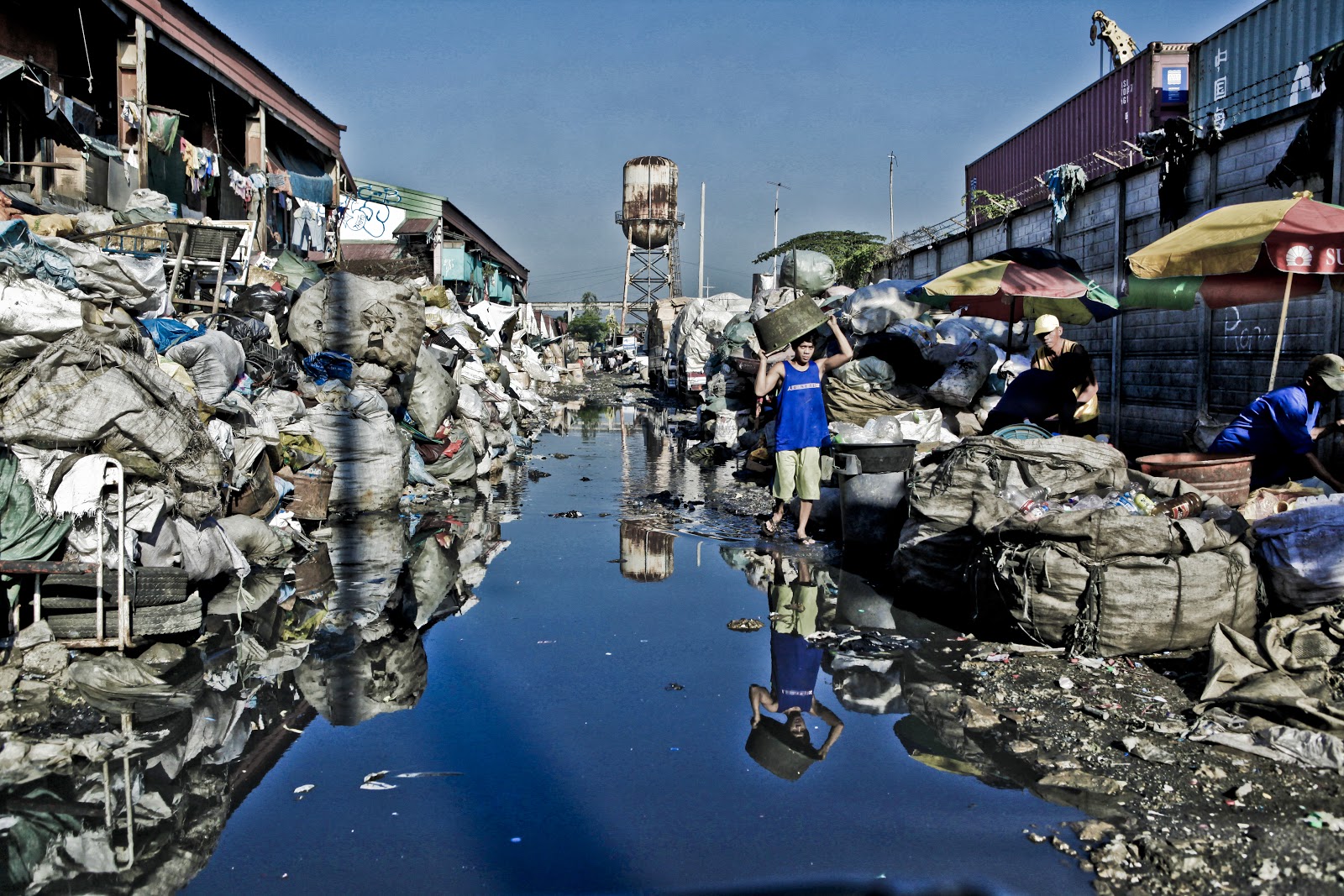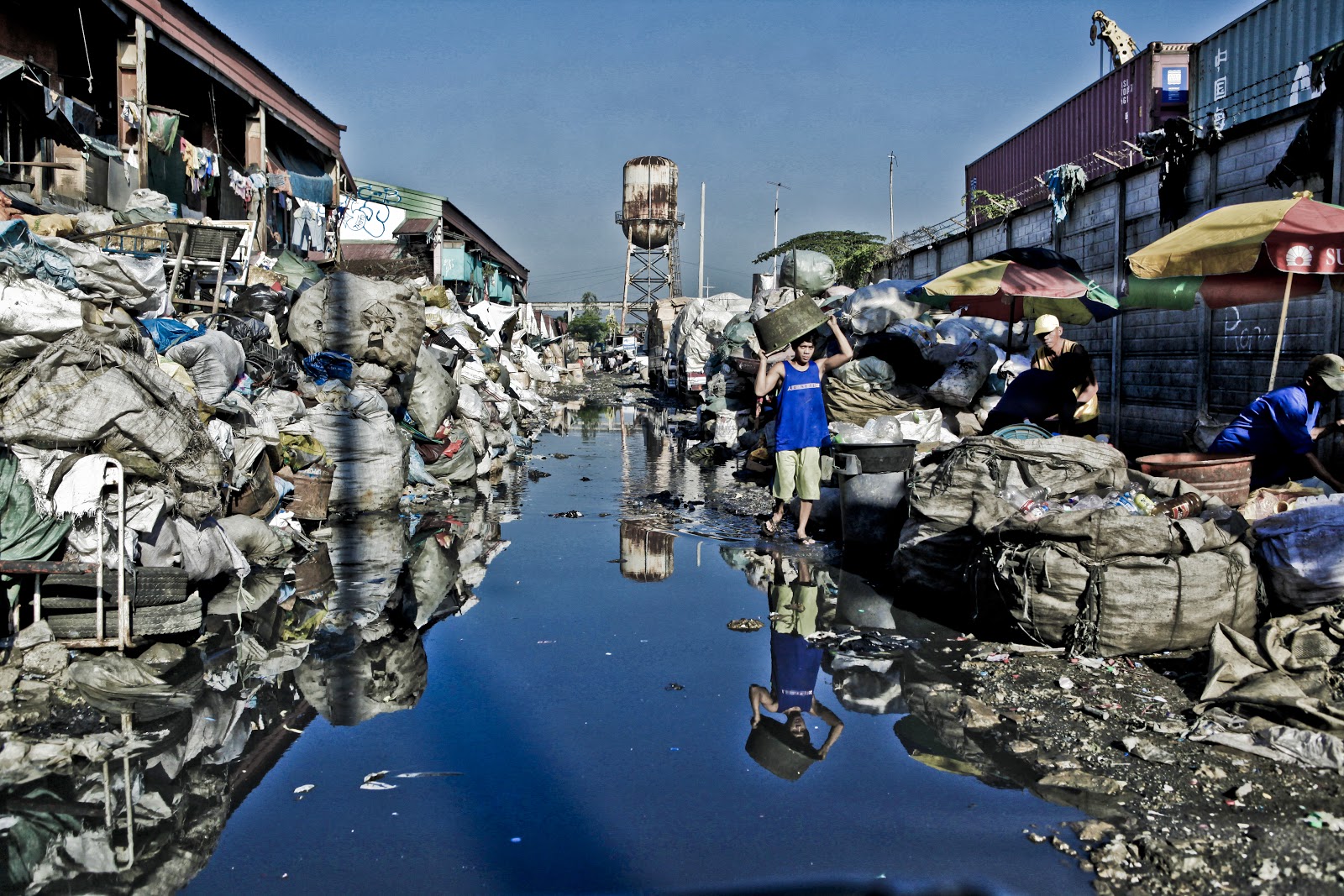Nyt filmprogram med The Why om livet med plastik

Fra tirsdag den 26. oktober præsenterer Kunsthal Charlottenborg et nyt filmprogram med The Why - en serie på tre dokumentarfilm om årsager, konsekvenser og mulige løsninger på vores liv med plastik og plastikforurening.
Plastik er et revolutionerende materiale. Det er langtidsholdbart, har mange formål og en meget overkommelig pris. Men det, der gør plastik så fantastisk, har samtidig formået at skubbe vores planet til randen af en miljøkrise af historiske dimensioner.
The Why Foundation lancerer i respons til den eskalerende miljøkrise forårsaget af vores liv med plastik, en faktabaseret, dybdeborende og engagerende dokumentarserie, Why Plastic?
Plastik er et emne omgivet af en masse forvirring og misvisende information. Dokumentarfilmene forsøger at gøre op med myter og misinformation og se nærmere på, hvad der er fakta, og hvad der er fiktion.
For The Why Foundation er målet med Why Plastic? at fortælle den sande historie om konsekvenserne af den stigende produktion og forbrug af plastik. Ny forskning afslører, at vores kontakt med plastik sandsynligvis nedsætter vores intelligens, fertilitet og øger sandsynligheden for neuropsykiatriske lidelser som ADHD.
Den 26. oktober – 21. november præsenterer Kunsthal Charlottenborg filmprogrammet Why Plastic i kunsthallens biograf.
Program:
Flasker på Afveje/ Coca-Cola’s Plastic Promises af Laura Mulholland (52 min)
Mennesket som forsøgskanin af Louise Unmack Kjeldsen (52 min.)
Genbrugsmyten af Tom Costello & Benedict Wermter (52 min.)
Efter hver film screenes 4 kortfilm (i alt 8 min.):
PlasticC af Sachin VS
Un Vestige af IFF Robin
Plastic Ecosystem af Stefie Gan
End Effect af Karolina Wyrwal
Flasker på Afveje / Coca-Cola’s Plastic Promises (52 min):
Insruktør: Laura Mulholland (UK)
Producer: Max Stern (UK)

I 2018 satte Coca-Cola, verdens største sodavandsproducent, ambitiøse mål om at reducere mængden af sin plastemballage, der ender i miljøet. Firmaet sagde, at de i 2030 ville samle en flaske eller dåse for hver de solgte og fremstille den af 50% genbrugsmateriale. I denne film undersøger vi Coca-Colas Uden Affald strategi. Kan det være et eksempel til efterfølgelse for hele drikkevareindustrien? Eller er Coca-Colas plan om at genbruge sin vej ud af problemet grundlæggende mangelfuld og fejlslagen?
Executive Producer: Alan Hayling var chef for dokumentar på BBC og ansvarlig for en lang række faktaprogrammer, der blev vist på tværs af alle BBCs tv-kanaler. Tidligere var Alan redaktionsdirektør på Mentorn, en af Storbritanniens største producenter af faktaprogrammer og tilbragte ti år som redaktør for Documentaries på Channel 4.
Producer: Max Stern er en prisvindende producer med erfaring inden for politiske- og historiske undersøgende filmproduktioner. Han har interviewet præsidenter og premierministre, kartel- og mafia-medlemmer og forhandlet om adgang til institutioner fra FN til det amerikanske justitsministerium. Hans undersøgende journalistik har haft stor indflydelse og ført til ændringer både politisk og institutionelt.
Instruktør: Laura Mulholland er en BAFTA-nomineret producent og instruktør med en stærk journalistisk baggrund fra Panorama og Newsnight. Hun har erfaring med følsomme adgangsfilm, cinematiske vartegn og hurtige vendinger i produktioner om aktuelle begivenheder og har en evne til at tackle komplekse ideer og destillere dem for publikum.
Mennesket som forsøgskanin (52 min.):
Instruktør: Louise Kjeldsen (DK)
Producer: Mette Heide (DK)

Filmen undersøger, hvorfor vi stadig – og i stigende grad – udsættes for farlige kemikalier gennem vores plastikforbrug, selvom forskere har advaret os om de potentielle negative sundhedseffekter i årtier. Nogle af de mest banebrydende videnskabelige fund om, hvordan plastik skader vores helbred, kommer fra danske forskere. Ny forskning afslører bl.a., at vores kontakt med plastik sandsynligvis nedsætter vores fertilitet, øger sandsynligheden for brystkræft og neuropsykiatriske lidelser som ADHD. Er vi ufrivillige deltagere i et enormt eksperiment, der truer millioner af menneskers helbred – måske endda menneskeheden som sådan?
Producer: Mette Heide er en Emmy-nomineret producent og administrerende direktør for det danske produktionsselskab Plus Pictures. Hun har arbejdet som producent i de sidste 23 år og har produceret mere end 50 film og tv-serier til bl.a. Netflix. En af hendes seneste titler omfatter Maid in Hell, der er instrueret af Søren Klovborg, som var en del af Why Slavery? serien. Hun har produceret adskillige dokumentarserier til ledende tv-stationer og har arbejdet som executive producer på serier som Why Democracy?
Instruktør: Louise Unmack Kjeldsen er kendt for sine dokumentarfilm vist på DR og TV2 og støttet af Det Danske Filminstitut. Hendes kendetegn er et cinematisk udtryk og en scenisk fortællingsform, når hun skildrer sårbare menneskers liv, og hun har en lang historie med prisvindende dokumentarfilm.
Genbrugsmyten (52 min.):
Instruktør: Tom Costello (UK) & Benedict Wermter (DE)
Producer: Tristan Chytroscheck (DE)

I de senere år er plastikforureningskrisen blevet en international skandale. Billeder af døde dyr, forurenede floder og haver har chokeret verden. Plastikemballageindustrien har erklæret, at den ved, hvordan man løser problemet: Genbrug. I stigende grad er flasker, kasser og poser stolt stemplet med ordene ‘100% genanvendelig’, da firmaer og brands konkurrerer om at forsikre forbrugerne om, at deres emballagekøb er skyldfrit. Men hvis genbrug virkelig er løsningen, hvorfor producerer verden så mere nyt plastik end nogensinde før? Kan genbrug virkelig være den ultimative greenwash? Vi følger pengene ind i en industri, der er designet til at skjule problemet frem for at løse det. Vi sporer de sorte markedsmæglere, der jagter efter lande til at dumpe vores plastik. For de organiserede kriminelle er smugling af affald nu lige så lukrativt som menneskehandel. Filmen viser, hvordan nogle af de største forbrugsvaremærker misbruger genbrugsnarrativet som en måde, der tillader dem at fortsætte med at forurene uden konsekvenser.
Producer: Tristan Chytroschek er en international Emmy-prisvindende dokumentarist og producent fra Tyskland. Han arbejdede for BBC og Channel 4 i Storbritannien og for Discovery/TLC i USA. Han boede- og producerede i London, Los Angeles, Mexico City og Cordoba/Argentina, før han blev medejer af dokumentarproduktionsselskabet a & o buero.
Instruktører: Tom Costello er journalist og filmskaber baseret i London og Berlin. Han studerede engelsk litteratur i Storbritannien. Efter eksamen begyndte han at arbejde som tv-skribent og instruktør for BBC, Channel 4 og Guardian Online i Storbritannien og VICE og ProSieben i Tyskland. Hans fokus er udfordrende og cinematisk fokuserede dokumentarer. Benedict Wermter er en tysk undersøgende journalist og forfatter. Han skriver indlæg til aviser og blade og forsker for produktionsselskaber. I øjeblikket dækker Benedikt cirkulær økonomi i hele Europa og Sydøstasien.
The Why Foundation er en dansk multi-prisvindende non-profit medieorganisation.
For at bekæmpe ulige adgang til information producerer og donerer The Why dokumentarfilm til partnere i hele verden. Gratis, troværdig information er ikke tilgængeligt for millionvis af mennesker. The Whys vision er at gøre undersøgende dokumentarfilm om verdensmål og menneskerettigheder tilgængelige for hvem som helst, hvor som helst. The Why når i dag mere end 200 lande og territorier i samarbejde med flere end 70 TV-stationer, lokale non-profit organisationer og skoler. The Whys film når i gennemsnit 100 millioner seere. The Why har netop nået milepælen 14 millioner seere på YouTube.
The Whys tidligere serier inkluderer Why Democracy? (2007), Why Poverty? (2012), Why Women? (2016) og Why Slavery? (2018). Se The Whys Impact Rapport her.


